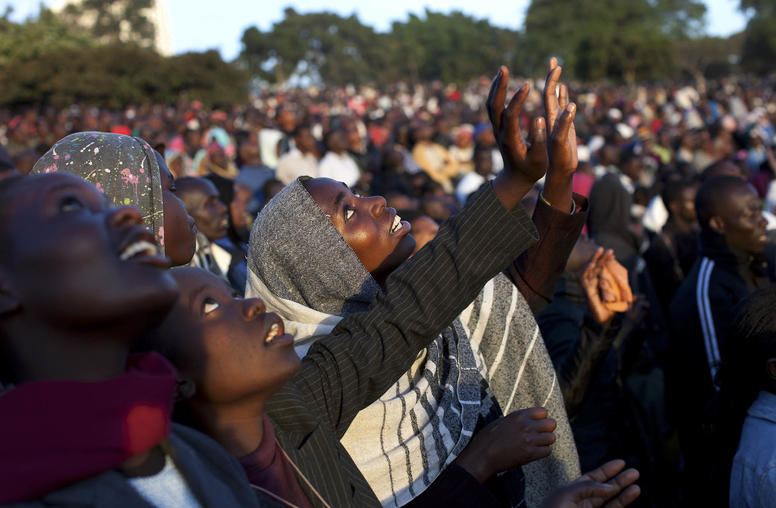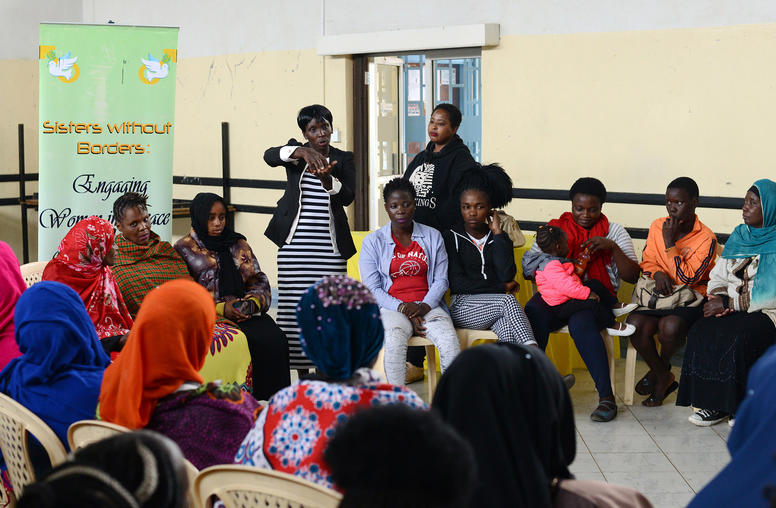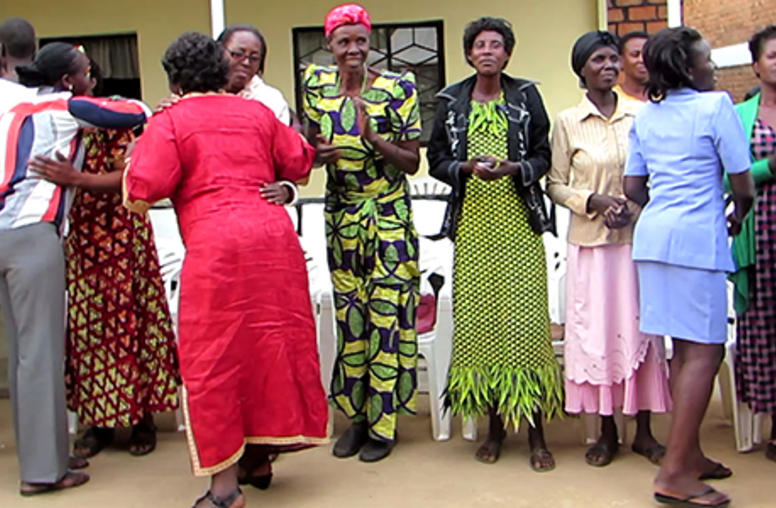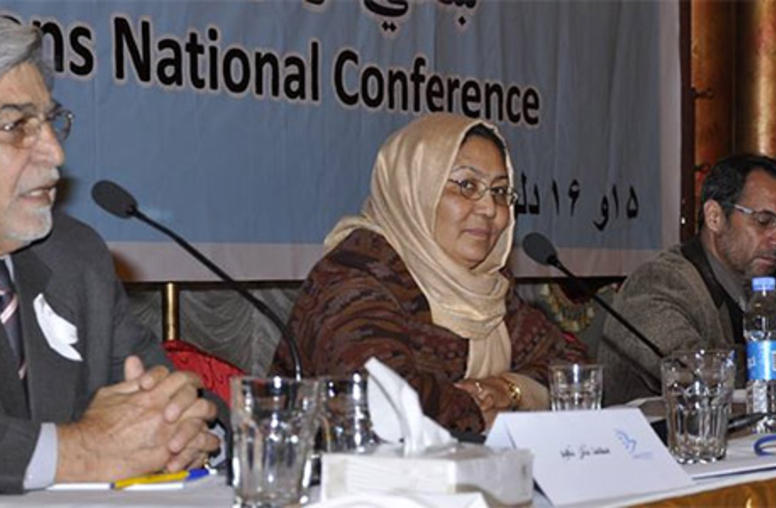Nicoletta Barbera
Contact
Please submit all media inquiries to interviews@usip.org or call 202.429.3869.
For all other inquiries, please call 202.457.1700
Nicoletta Barbera is a senior program officer for Africa programs at the U.S.Institute of Peace. She currently serves as the lead for USIP’s Women Preventing Violent Extremism program in the Horn of Africa and the Sahel. In her previous role on the USIP Africa team, she managed USIP’s South Sudan programmatic portfolio. Barbera joined USIP in 2012 as a research assistant for the gender and peacebuilding team. Her programmatic and research interests include the prevention of sexual and gender-based violence, inclusive governance processes, and gender roles in countering violent extremism.
Prior to joining USIP, Barbera worked for the Baltimore Council on Foreign Affairs and the National Council on U.S.-Arab Relations. Barbera earned her master’s degree in international affairs from The George Washington University Elliott School of International Affairs with a concentration in conflict and conflict resolution and her bachelor’s degree in political science and French from St. Mary’s College of Maryland.



